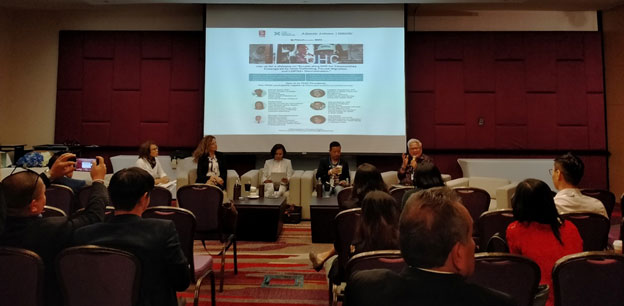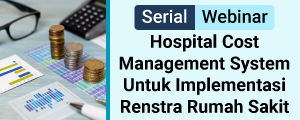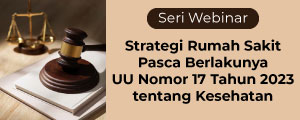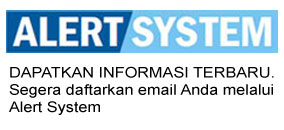Prince Mahidol Award Conference (PMAC) 2020
Side Meeting SE012– The Equity Initiative
Accelerating UHC for Communities Endangered by Child Trafficking, Forced Migration, and LGBTQ2+ Discrimination
A Bottom-Up Approach to Advancing UHC: Voices, Stories, Opportunities
Manuel Dayrit, Laksono Trisnantoro, Sheila Guico, Tala Al-Rousan, Panusart Poonkasetwatana, Ana Santos
Wednesday, 29 January 2020
Side Meeting
Opening Session
Plenary Session 0
Plenary Session 1
Parallel Session 1.2
Parallel Session 1.4
Plenary Session 2
Parallel Session 2.1
Parallel Session 2.2
Parallel Session 2.3
Parallel Session 2.5
Parallel Session 3.2

Health inequity is an intractable problem and requires multi-sectoral action. This session is to support a UHC movement that engages structures with a deep sensitivity to the experiences of the community. We would like to see UHC from the bottom-up, from the lens and experiences of communities, looking through the lenses of vulnerable populations whose hurdles to universal health coverage overlap with risks to life and limb. UHC reform to improve health equity service delivery to make health system people centered. For vulnerable population such as refugees in the Middle Eastern need for assistance greater than need of victims of natural disaster. But there is still difficulties access to refugee in the community, 1 health worker for 1,600 refugees and 3 health care providers for 1,600 refugees. There are concerns in camps such as poor living condition exacerbate respiratory illness, high cost of basic food, gender violation, child marriage, and also in urban setting such as limited access to secondary and tertiary health facilities and lack of legal work opportunity.
Child protection is also one of the issues that 77% victims are female and 23% are male that 69% are abused by parents, relatives’ close friends and 41% by sibling group. It needs a coordinated strategy for effective law enforcement, effective after care to improve personal wellbeing, and effective prosecutive. It also needs to concern about continuum of care in terms of moment of rescue, assessment, rehabilitation, reintegration, and restoration. Other issue is access to medical treatment for vulnerable people such as LGBTQ2+. Still, there is a judgment for marginal society and some challenges such as restricted space for this society, limited resources, and approach to government. For all of those extraordinary situations need effort regarding to health financing from global fund, health workers distribution and deployment, also consider the political view for the government.
Rapporteur Team
Abelardo Apollo David, Jr.
Bawi Mang Lian
Elisabeth Listyani
Han Win Htat
Jin Xu
Sharon Low
Co-Rapporteur
Eugeu Yasmin








